
Making Business Ethics a Cumulative Science
Blog When businesses and researchers cooperate, collaborate and communicate, everyone wins. A new article in the premiere edition of Nature: Human Behavior by Ethical Systems founder Jonathan Haidt of NYU Stern and collaborator Linda Trevino of the University of Pennsylvania illustrate just how far deeper partnership can take the field of business ethics research and why that will help companies and people to flourish.
When businesses and researchers cooperate, collaborate and communicate, everyone wins. A new article in the premiere edition of Nature: Human Behavior by Ethical Systems founder Jonathan Haidt of NYU Stern and collaborator Linda Trevino of the University of Pennsylvania illustrate just how far deeper partnership can take the field of business ethics research and why that will help companies and people to flourish.
In their piece, entitled “Make Business Ethics a Cumulative Science” Haidt and Trevino outline the various factors that have impeded ties between the business and research communities. Some are due to the misalignment between operational models— academics depend on open access to information towards the goal of building on research and understanding, while businesses need to maintain tight control over information about their inner-workings and ethics— while others are based in the complexity of business ethics as a field.

Varying Tasks to Increase Compliance
Blog A new study illustrates how providing variety in job-related tasks for workers contributes to rule adherence and stymies unethical decision making.
A new study illustrates how providing variety in job-related tasks for workers contributes to rule adherence and stymies unethical decision making.
The paper “Reducing Organizational Rule Breaking Through Task Variety: How Task Design Supports Deliberative Thinking,” is authored by Rellie Derfler-Rozin, ES collaborator Celia Moore and Bradley R. Staats and published in Organization Science. The authors discuss the positive implications of this research for designing roles and responsibilities in various organizational settings, and the beneficial outcomes for both workers and businesses.
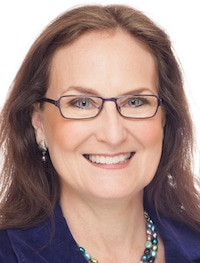
Featured Ethics [and Governance] Scholar for February: Andrea Bonime-Blanc
Blog Interview with Andrea Bonime-Blanc, Author and CEO of GEC Risk Advisory
Interview with Andrea Bonime-Blanc, Author and CEO of GEC Risk Advisory
What are your main areas of research/work?
Even though I teach at a couple of universities (including NYU and ESADE) and hold a PhD (in political science), I am not a scholar in the traditional sense of the word. I have always worked as a lawyer or corporate executive for global companies and four years ago started my own strategic advisory firm (GEC Risk Advisory). That said, my current advisory practice falls under the general rubric of “Strategic ESG (environmental, social and governance) Risk and Value Creation”. Subtopics include:
- Governance (including cyber-risk governance)
- Ethics and culture
- Strategic risk
- Reputation risk
- Crisis preparedness
- Transforming risk into value
Sometimes clients ask me to do practical research – one of my favorite recent client engagements was preparing a white paper for the board of directors of a leading African bank on future trends in global corporate responsibility. I also use my own research on cutting edge topics like reputation risk and cyber-risk governance to push the limits of where we currently are on finding solutions to current serious challenges in the marketplace, focused almost exclusively on what the board and the c-suite need to know.

Ethical Decision Making: Easy in Training, Harder in Reality
Blog Over the course of a workday, people make innumerable decisions ranging in degrees of severity, from critical to mundane. Often times, choices are made in a vacuum and are considered for only as long as it takes until the next intellectual dilemma or distraction demands our attention. A recent piece by Eugene Soltes in Harvard Business Review explores the difficulty around ethical decision-making, while also exploring the gap between attempts to train or educate people on organizational ethics and the real-world pressures people face when face with an ethical dilemma (or even recognizing that they may be in an ethical quandary).
Over the course of a workday, people make innumerable decisions ranging in degrees of severity, from critical to mundane. Often times, choices are made in a vacuum and are considered for only as long as it takes until the next intellectual dilemma or distraction demands our attention. A recent piece by Eugene Soltes in Harvard Business Review explores the difficulty around ethical decision-making, while also exploring the gap between attempts to train or educate people on organizational ethics and the real-world pressures people face when face with an ethical dilemma (or even recognizing that they may be in an ethical quandary).
Soltes, an Associate Professor of Business Administration at Harvard Business School, points to a variety of executive misdoings by ostensibly smart and talented— not to mention prominent— leaders that illustrate that even those under scrutiny and fully aware of their responsibility for shareholder funds can act in self-serving ways that, in retrospect, they realize are obviously unethical. And, as Soltes writes, in hindsight the fact that these were adverse decisions are not lost on these individuals, but in the moment they failed to consider the impact or consequences.
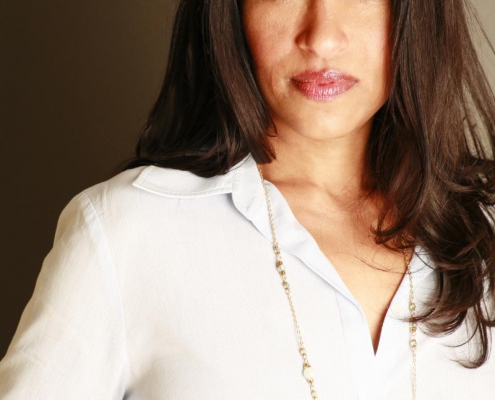
Interview with Rashmi Airan: Law, Blindspots, Prison and Redemption
Blog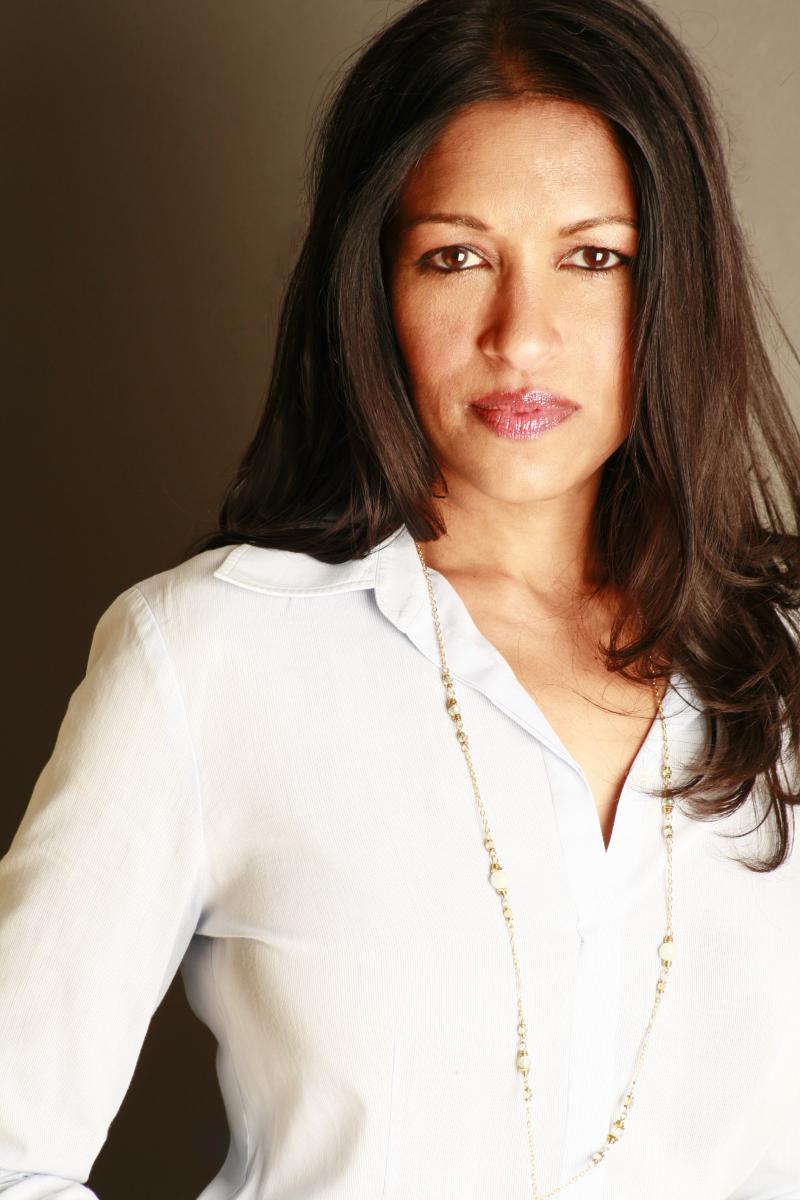 An interview with Rashmi Airan, speaker on ethics, law and culture; leadership and compliance consultant; and growth strategist
An interview with Rashmi Airan, speaker on ethics, law and culture; leadership and compliance consultant; and growth strategist
Background:
Rashmi was a successful lawyer who graduated with honors from Columbia Law School. After working for several major corporations, she launched an independent law practice in Miami, Florida. During the housing boom, she was recruited to work with a local real-estate developer who later engaged in shady business practices. Her involvement resulted in a one year sentence in Federal prison, alongside a $19M judgment against future earnings, required community service hours and 3 years supervised release. As a mother of two and devoted community activist, Rashmi has reconfigured her subsequent career to focus on growth strategies and leadership/compliance training for firms, corporations, and graduate schools. She has also become widely known as a public speaker, sharing her story to help illustrate the ethical perils and situations that can result from a drive to succeed and the blindspots created when pursuing a goal.
This interview has been edited and condensed from a conversation on January 19, 2017.
1) What are the main takeaways from your story that you want others to know?
I believe there are many reasons why I am telling my story. I want to help people so that they do not find themselves in the same predicament that I was in and make different choices when faced with daily “gray” decisions. I finally came to a place of peace that I had done something wrong when I gave myself the freedom to forgive. After I forgave myself, my lessons became clearer. I reflected on different business relationships and the fact that I had not looked into things deeply enough. I know there are lessons for both young and seasoned professionals. I believe I can enlighten people to the fact that there is a fine line and we must all walk between the two sides of right and wrong and choose to be on the right side of the line.

Behavioral Ethics: From nudges to norms
Blog Scott Killingsworth, Senior Counsel with Bryan Cave, LLP, writes a broadly applicable and thought-provoking piece on nudges vs. culture. Killingsworth illustrates how a strong ethical culture can take the place of consistent, ongoing nudges and shows that culture should be considered through the lens of not just preventing ethical mishaps, but also about creating a positive environment “where the good apples can thrive”.
Scott Killingsworth, Senior Counsel with Bryan Cave, LLP, writes a broadly applicable and thought-provoking piece on nudges vs. culture. Killingsworth illustrates how a strong ethical culture can take the place of consistent, ongoing nudges and shows that culture should be considered through the lens of not just preventing ethical mishaps, but also about creating a positive environment “where the good apples can thrive”.
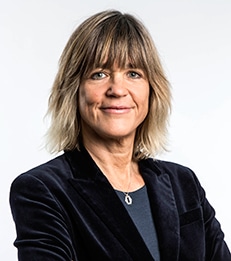
Featured Ethics [and Sustainability] Scholar for January: Tensie Whelan
BlogInterview with Tensie Whelan, Clinical Professor and Director of the Center for Sustainable Business at NYU Stern
 Why was now the right time to launch the Center for Sustainable Business here at Stern? Why was Stern the right home for this important center?
Why was now the right time to launch the Center for Sustainable Business here at Stern? Why was Stern the right home for this important center?
Business manages the majority of the resources on the planet. In the US, for example, business is responsible for $18 trillion of GDP and government and civil society $3 trillion. If we wish to solve the environmental and social challenges before us, we need business to play a leadership role. Stern, with its location in the world’s financial center, and its award-winning faculty and students who are focused on finance, can play a unique role in addressing the structural problems of shareholder capitalism and the Center for Sustainable Business can assist the transition to a capitalism better suited to the needs of the 21st century.
The moment is right because a growing number of business leaders such as Paul Polman at Unilever, John Mackey at Whole Foods and Larry Fink at BlackRock are questioning the benefits of short-termism and are turning to their broader purpose in society. These business leaders need research, networks and employees who can help them on this journey and CSB can be a key partner.

Crosspost: The (Il)legitimacy of Compliance?
BlogCross posted from NYU Law's PCCE's Compliance & Enforcement blog.
Each new compliance scandal triggers something of a “what were they thinking” response among those who consider it self-evident that sensible people inside a business organization would try hard to avoid behaviors that can bring such serious legal and reputation harm. So it is with the current subject of fascination, Wells Fargo. “Salespeople” (many of whom were branch employees serving customers’ basic banking needs) created millions of unauthorized customer accounts of various sorts in order to generate fee revenues. While some corporate legal violations are implicitly blessed from above because any sanctions can be seen as just the cost of doing business, such was probably not the case here.

2016 End of Year Letter from Jonathan Haidt
BlogDear Friends:
 2016 has been a year of extraordinary change. Many of these changes make our mission – to help companies strengthen their ethical cultures using behavioral science research – more vital than ever.
2016 has been a year of extraordinary change. Many of these changes make our mission – to help companies strengthen their ethical cultures using behavioral science research – more vital than ever.
Consider just these three facts:
- Populist movements around the world are usually antagonistic towards large corporations, which they often perceive as engaging in predatory behavior
- The recent U.S. election likely means a new and lighter-touch approach to regulation and compliance, particularly in the financial services industry
- The Brexit vote means that Britain must quickly decide upon its own approach to regulation.
Putting these together: The world is hungry for new ideas on how to improve business ethics in ways that do not rely as heavily as before on detailed rules formulated by legislatures and regulators. There is a desperate need to help businesses become more self-regulating, in ways that will protect multiple stakeholders while increasing the dynamism and profitability of the business.
That is exactly what Ethical Systems is doing and we have made great progress towards our goals this year.
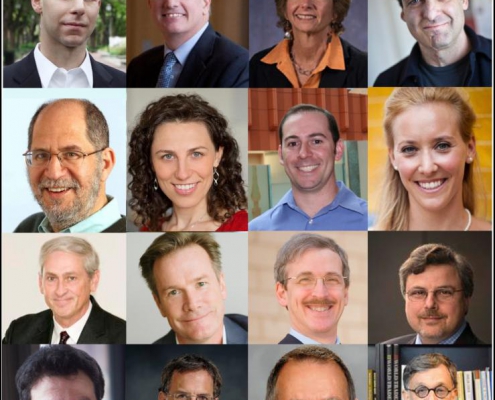
2016 Collaborators in the News: A Year of Many Achievements
Blog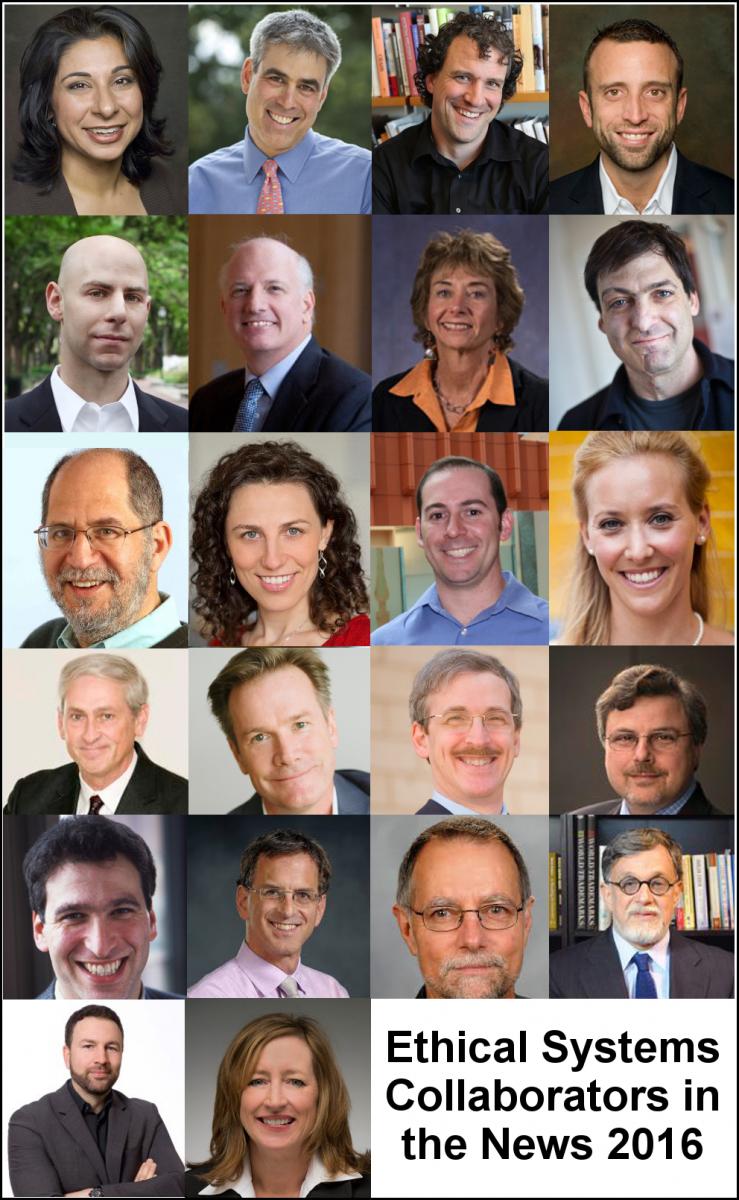 2016 was a year of many achievements for our growing collaborator network. We invite you to browse a highlight list of the research, articles, appearances and talks that helped advance our mission and promote a greater understanding of ethics, decision making, and ethical systems design.
2016 was a year of many achievements for our growing collaborator network. We invite you to browse a highlight list of the research, articles, appearances and talks that helped advance our mission and promote a greater understanding of ethics, decision making, and ethical systems design.
Browse our collaborators and their highlights and achievements from this year >>
